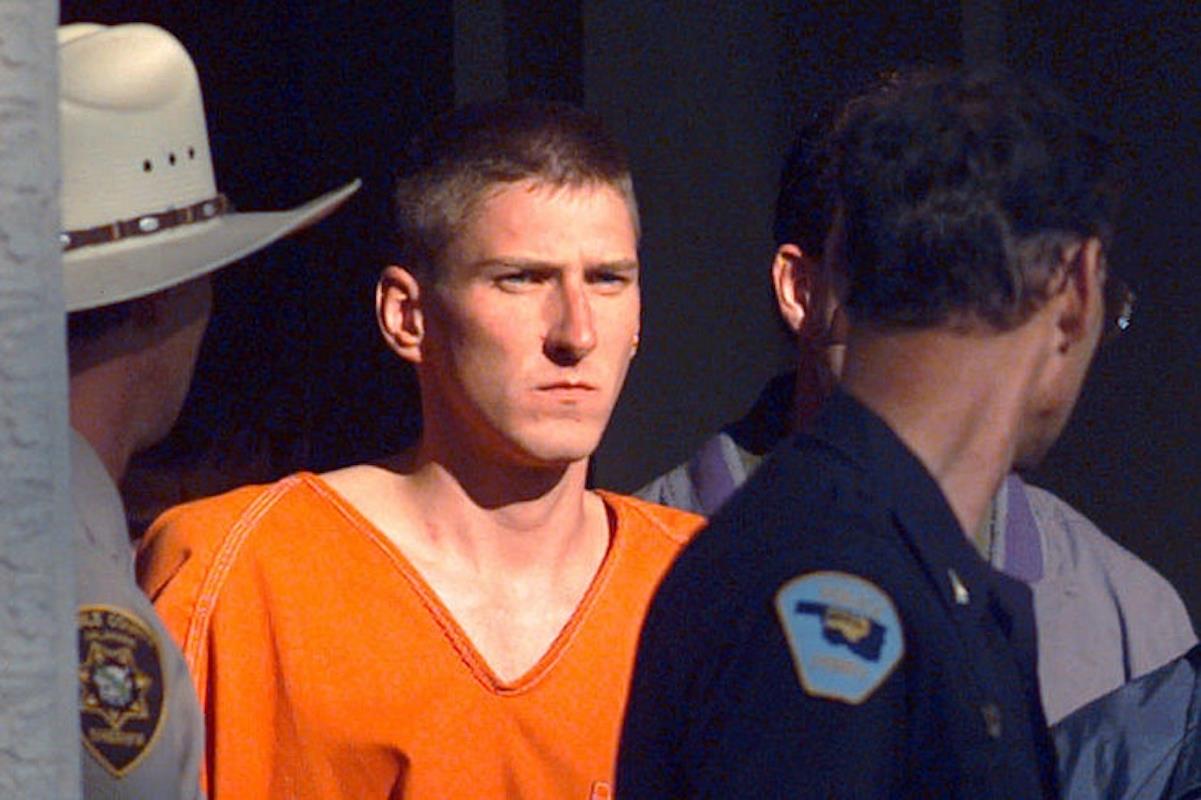
Timothy Mcveigh And Donald Trump, Two Peas In An Extremist Pod
On the morning of April 19, 1995, anti-government right-wing extremist Timothy McVeigh parked a Ryder truck loaded with 5,000 pounds of agricultural fertiliser and diesel fuel at the front of the Alfred P Murrah Federal Building in Oklahoma City.
At 9 am, McVeigh lit two separate fuses – in case one failed. Two minutes later, the bomb exploded, killing 168 people (including 19 children) and injuring close to 700.
Today, the bombing remains the deadliest act of domestic terrorism in United States history. But in the cultural memory, Oklahoma was eclipsed by 9/11, when America – and the world – shifted their attention to the threat posed by radical Islamic extremism.
Three decades on, the bombing is back on the cultural agenda, as the right-wing extremism that drove McVeigh is on the rise.
In 2025, the threat from US-based violent extremists is believed to be“high”, according to the Department of Homeland Security . Domestic terrorist attacks and plots against government targets motivated by partisan political beliefs nearly tripled in the five years before last – compared to the previous 25 years combined.
New and recent chronicles of the Oklahoma bombing are not just a reflection on the past, but a warning about the future.

Timothy McVeigh leaves the courthouse in Oklahoma, April 21, 1995. Photo: David Longstreath / AAP via The Conversation
A right-wing 'outlaw'
In his award-winning book about the bombing, Homegrown (2023), US lawyer and journalist Jeffrey Toobin writes:
Toobin draws ominous parallels between his subject's political motivations and the values and views of the January 6 insurrectionists.
McVeigh, a Gulf War veteran and gun-rights absolutist, always claimed he bombed the Murrah building to protest the“abuses and usurpations” of Bill Clinton's government.
He specifically mentioned two infamous armed confrontations between extremists and the federal government. One was the 1992 standoff between FBI agents and white separatists at Ruby Ridge , which resulted in three deaths, including the killing of a 14-year-old boy.
A year later, more than 75 people died in Waco, Texas , after a shootout and 51-day siege between the FBI and an apocalyptic religious sect, the Branch Davidians.
McVeigh was also mobilised by Clinton's 1994 ban of assault weapons , which he and other conservatives believed was a violation of the Second Amendment. The assault ban was the final straw.
“When the guns are outlawed”, McVeigh wrote in a letter,“I become an outlaw.”
One of his strongest influences – and a constant companion – was The Turner Diaries , a 1978 novel sometimes referred to as“the bible of the racist right.” In it, a white nationalist destroys a FBI building in Washington with a truck bomb, and the US becomes engaged in a nuclear civil war. McVeigh read the book during his army training and sold copies at gun shows.

Legal Disclaimer:
MENAFN provides the
information “as is” without warranty of any kind. We do not accept
any responsibility or liability for the accuracy, content, images,
videos, licenses, completeness, legality, or reliability of the information
contained in this article. If you have any complaints or copyright
issues related to this article, kindly contact the provider above.

























Comments
No comment